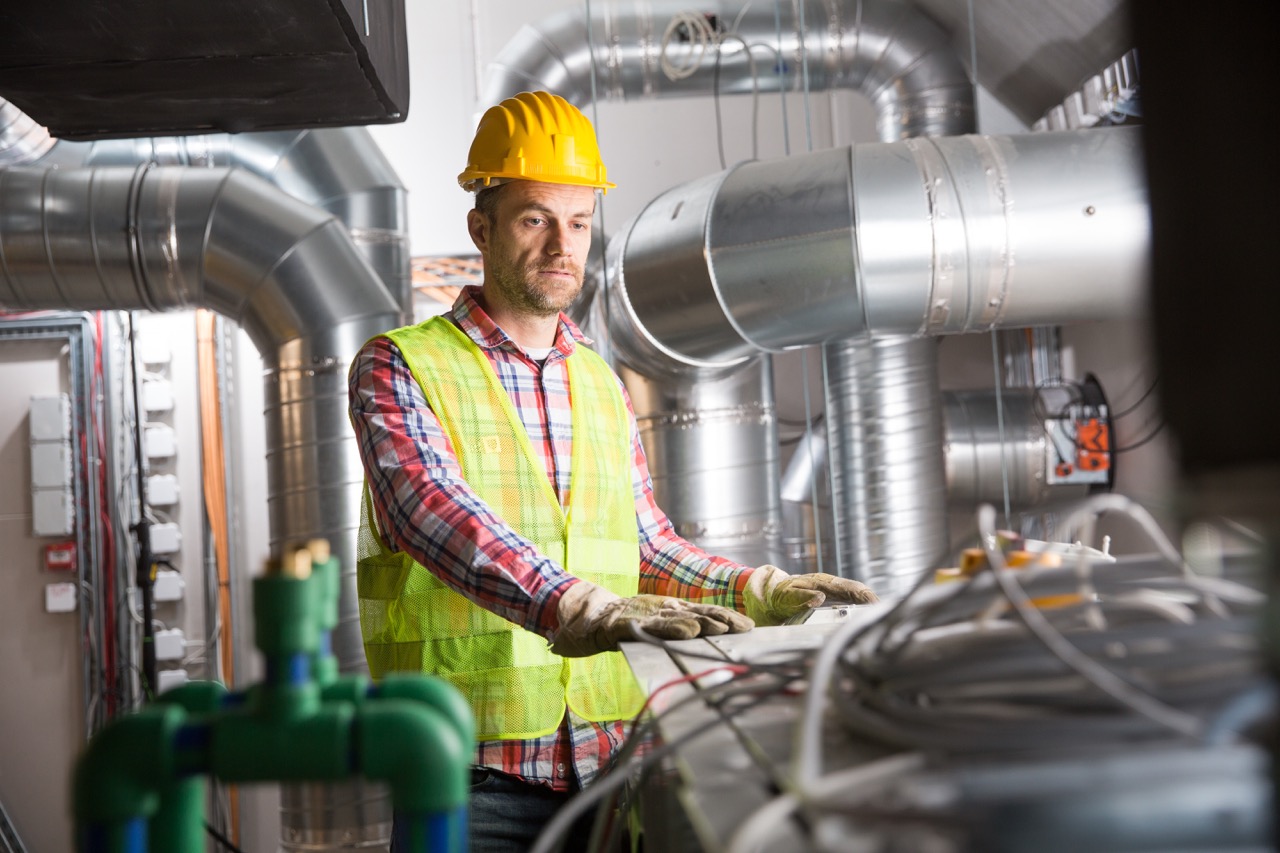

Articles
What Is An HVAC Engineer
Modified: January 19, 2024
Learn everything you need to know about HVAC engineering in our comprehensive articles. Discover the key skills and qualifications required for this rewarding career.
(Many of the links in this article redirect to a specific reviewed product. Your purchase of these products through affiliate links helps to generate commission for Storables.com, at no extra cost. Learn more)
Introduction
Welcome to the world of HVAC engineering, where the comfort and well-being of individuals are enhanced through advanced heating, ventilation, and air conditioning systems. HVAC, which stands for Heating, Ventilation, and Air Conditioning, plays a crucial role in maintaining optimal indoor air quality, temperature, and humidity in residential, commercial, and industrial settings.
Without the expertise of HVAC engineers, our modern lifestyle would be greatly impacted. Whether it’s the cool breeze on a scorching summer day or the cozy warmth on a chilly winter night, HVAC engineers ensure that we have a comfortable and healthy environment to live and work in.
In this article, we will explore the exciting world of HVAC engineering, delving into the definition of the profession, the duties and responsibilities of an HVAC engineer, the required skills and qualifications, education and training options, career opportunities, and future trends in the industry.
So, let’s dive into the fascinating realm of HVAC engineering and discover what it takes to become an HVAC engineer!
Key Takeaways:
- HVAC engineering is a multidisciplinary field that combines principles from mechanical engineering, thermodynamics, fluid mechanics, and environmental science to create comfortable and energy-efficient indoor environments for residential, commercial, and industrial settings.
- The future of HVAC engineering is promising, with a strong emphasis on smart HVAC systems, IoT connectivity, energy efficiency, sustainability, indoor air quality enhancement, human comfort optimization, integration of renewable energy sources, advanced building energy management systems, and emerging refrigerants and cooling technologies.
Read more: How To Become A HVAC Engineer
Definition of HVAC Engineering
HVAC engineering is a specialized branch of engineering that focuses on designing, implementing, and maintaining heating, ventilation, and air conditioning systems in various buildings and structures. HVAC engineers play a critical role in creating indoor environments that are comfortable, safe, and energy-efficient.
The primary goal of HVAC engineering is to provide optimal thermal comfort to occupants while ensuring the efficient use of energy and maintaining indoor air quality. This involves designing HVAC systems that can effectively control temperature, humidity, air circulation, and ventilation in a given space.
An HVAC engineer must consider several factors when designing and implementing HVAC systems. These factors include the size and layout of the building, local climate conditions, intended use of the space, energy efficiency requirements, and client preferences.
HVAC engineering encompasses a wide range of tasks and responsibilities. From initial project assessment and system design to installation, testing, and ongoing maintenance, HVAC engineers are involved in every stage of the process. They work closely with architects, construction teams, and other professionals to ensure that the HVAC systems meet the specific needs of the building and its occupants.
In addition to designing HVAC systems, engineers in this field also analyze and optimize existing systems, troubleshoot issues, and recommend improvements. They stay up to date with the latest technologies and industry standards to provide innovative and sustainable HVAC solutions.
Overall, HVAC engineering is a multidisciplinary field that combines principles from mechanical engineering, thermodynamics, fluid mechanics, and environmental science. It requires technical expertise, problem-solving skills, attention to detail, and a passion for creating comfortable and energy-efficient indoor environments.
Duties and Responsibilities of an HVAC Engineer
As an HVAC engineer, you will undertake a wide range of duties and responsibilities to ensure the successful design, implementation, and maintenance of HVAC systems. Here are some key tasks that you can expect to perform in this role:
- System Design: One of the primary responsibilities of an HVAC engineer is to design HVAC systems that meet the specific requirements of a building or structure. This involves conducting calculations, performing load analysis, selecting equipment, and creating detailed system plans.
- Equipment Selection: HVAC engineers are responsible for selecting the appropriate heating, ventilation, and air conditioning equipment for each project. They consider factors such as energy efficiency, capacity, noise levels, and cost-effectiveness to choose the best-suited equipment.
- Installation and Testing: Once the HVAC system design is finalized, engineers oversee the installation process to ensure that it is carried out according to specifications. They conduct tests and inspections to verify the proper functioning of the system and make adjustments as necessary.
- Maintenance and Repair: HVAC engineers are involved in the ongoing maintenance and repair of HVAC systems. They perform routine inspections, clean and replace filters, troubleshoot issues, and ensure that the systems are running efficiently and safely.
- Energy Efficiency Optimization: Improving energy efficiency is a crucial aspect of HVAC engineering. Engineers are responsible for implementing energy-saving strategies, such as the use of smart controls, efficient equipment, and sustainable design principles, to reduce energy consumption and lower operational costs.
- Code Compliance: HVAC engineers must ensure that all their designs and installations comply with relevant building codes, regulations, and industry standards. They stay updated with the latest codes and guidelines to ensure safety and legal compliance in their work.
- Client Interaction: HVAC engineers often collaborate closely with clients to understand their needs and provide customized solutions. They communicate technical information effectively, address client concerns, and provide expert advice and recommendations throughout the project.
These duties and responsibilities highlight the diverse and vital role that HVAC engineers play in creating comfortable and efficient indoor environments. Their expertise and attention to detail are essential in ensuring high-quality HVAC systems that meet the unique needs of each project.
Required Skills and Qualifications
Becoming an HVAC engineer requires a combination of technical skills, knowledge, and personal qualities. Here are some of the key skills and qualifications necessary for success in this field:
- Technical Knowledge: HVAC engineers must have a strong understanding of heating, ventilation, and air conditioning systems, including their components and operations. They should be familiar with industry standards, codes, and regulations related to HVAC engineering.
- Thermodynamics and Fluid Mechanics: A solid understanding of thermodynamics and fluid mechanics is essential for designing and analyzing HVAC systems. HVAC engineers must be able to perform calculations, such as load analysis and energy efficiency assessments, to ensure optimal system performance.
- Computer Skills: Proficiency in computer-aided design (CAD) software is crucial for HVAC engineers to create detailed system plans and layouts. They should also be familiar with energy modeling software and other relevant tools used in HVAC system design and analysis.
- Problem-Solving Abilities: HVAC engineers encounter various challenges during system design, installation, and maintenance. They need strong problem-solving skills to identify and address issues effectively, ensuring the smooth operation of HVAC systems and resolving clients’ concerns.
- Attention to Detail: HVAC engineering involves intricate calculations, precise measurements, and adherence to specific guidelines. HVAC engineers must have exceptional attention to detail to ensure accuracy in their designs and installations, avoiding costly errors or safety hazards.
- Communication Skills: Effective communication is vital for HVAC engineers. They must be able to clearly convey technical information to clients, colleagues, and contractors. Good listening skills are also important to understand clients’ needs and expectations.
- Time and Project Management: HVAC engineers often work on multiple projects simultaneously. They need strong organizational and time management skills to prioritize tasks, meet deadlines, and coordinate with different stakeholders involved in the projects.
- Continuous Learning: The field of HVAC engineering is constantly evolving with new technologies and sustainability practices. HVAC engineers should have a passion for learning and staying updated with the latest industry trends, advancements, and regulations.
In addition to these skills, a bachelor’s degree in mechanical engineering or a related field is typically required to become an HVAC engineer. Some employers may also prefer candidates with relevant professional certifications, such as the Certified HVAC Designer (CHD) certification offered by the American Society of Heating, Refrigerating, and Air-Conditioning Engineers (ASHRAE).
By possessing the necessary skills and qualifications, aspiring HVAC engineers can embark on a rewarding career in this dynamic and essential field.
An HVAC engineer is responsible for designing, installing, and maintaining heating, ventilation, and air conditioning systems. They need to have a strong understanding of thermodynamics, fluid mechanics, and heat transfer to effectively design and optimize HVAC systems.
HVAC Engineering Education and Training
To pursue a career in HVAC engineering, a solid educational foundation is crucial. The following section outlines the typical education and training path for aspiring HVAC engineers:
Educational Requirements: Most HVAC engineering positions require a bachelor’s degree in mechanical engineering or a related field. These programs provide a comprehensive understanding of engineering principles, thermodynamics, fluid mechanics, and HVAC systems. Coursework may cover topics such as heat transfer, refrigeration, controls, and system design. It is also advantageous to take elective courses specifically focused on HVAC engineering to gain relevant knowledge and hands-on experience.
Internships and Co-op Programs: Many universities and colleges offer internship or cooperative education programs that allow students to gain practical experience in the HVAC engineering field. These opportunities provide valuable hands-on training and allow students to apply classroom knowledge in real-world settings. Internships also provide an excellent opportunity to network with industry professionals, potentially leading to job offers upon graduation.
Professional Certifications: While not mandatory, obtaining professional certifications can demonstrate competence and dedication in the HVAC engineering field. The American Society of Heating, Refrigerating, and Air-Conditioning Engineers (ASHRAE) offers various certifications, including the Certified HVAC Designer (CHD) certification. These certifications often require a combination of work experience and passing an examination.
Continuing Education: HVAC engineering is a constantly evolving field with new technologies and regulations. It is crucial for HVAC engineers to stay updated with the latest industry advancements and best practices. Participating in continuing education programs, workshops, and seminars can help engineers enhance their knowledge and skills, and maintain professional licensure when applicable.
Professional Organizations: Joining relevant professional organizations, such as ASHRAE, can provide additional educational resources, networking opportunities, and access to industry publications. These organizations often host conferences and events where HVAC engineers can learn from industry experts and stay abreast of emerging trends.
On-the-Job Training: Upon entering the workforce, HVAC engineers typically receive on-the-job training to familiarize themselves with company-specific practices, procedures, and software tools. This training enhances their technical skills and allows them to apply their theoretical knowledge to real-world projects. HVAC engineering is a field where continuous learning and development is essential, as engineers are exposed to new technologies and systems throughout their careers.
By obtaining a strong educational foundation, gaining practical experience, and staying current with industry advancements, aspiring HVAC engineers can position themselves for a successful and fulfilling career in the field. Continuous learning and professional development are key to thriving in this dynamic and ever-evolving industry.
Read more: What Is BIM Engineering?
Career Opportunities for HVAC Engineers
As an HVAC engineer, you open the door to a wide range of rewarding career opportunities. The demand for skilled HVAC engineers is on the rise, driven by the need for energy-efficient and sustainable building systems. Here are some of the potential career paths in HVAC engineering:
HVAC Design Engineer: Design engineers play a crucial role in designing and developing HVAC systems for various buildings and structures. They utilize their technical knowledge and expertise to create efficient and optimal heating, ventilation, and air conditioning solutions that meet client requirements and comply with industry standards.
Energy Engineer: Energy engineers specialize in implementing energy-efficient practices and technologies in HVAC systems. They analyze energy consumption, perform audits, and propose strategies to reduce energy usage and improve system efficiency. Energy engineers are in high demand as businesses and organizations aim to minimize their environmental footprint and reduce operating costs.
Sustainability Consultant: Sustainability consultants work with clients to develop sustainable building practices and systems, including HVAC solutions. They provide guidance on energy conservation, renewable energy integration, and green building certification processes. These professionals help clients optimize their HVAC systems to achieve sustainable and environmentally responsible outcomes.
Project Manager: HVAC project managers oversee the planning, coordination, and execution of HVAC projects. They are responsible for managing budgets, timelines, and resources, ensuring that projects are completed successfully. Project managers work closely with clients, contractors, and engineering teams to ensure smooth workflow and deliver high-quality HVAC solutions.
Facilities Manager: Facilities managers are responsible for the overall management and maintenance of building systems, including HVAC systems. They oversee the operation, repair, and maintenance of HVAC equipment, ensuring the comfort, safety, and efficiency of the building. Facilities managers coordinate with HVAC technicians, contractors, and other stakeholders to ensure proper system functionality.
Research and Development Engineer: Research and development engineers focus on advancing HVAC technologies by conducting research, testing new equipment, and developing innovative solutions. They work closely with manufacturers, research institutions, and industry organizations to push the boundaries of HVAC engineering and drive technological advancements.
In addition to these career paths, HVAC engineers may also choose to specialize in specific sectors such as residential, commercial, or industrial HVAC systems. They may work for engineering firms, architectural companies, HVAC contractors, consulting agencies, government organizations, or even start their own businesses.
The HVAC industry offers stability, growth potential, and the opportunity to make a positive impact on building efficiency and sustainability. With the increasing emphasis on energy conservation and environmental responsibility, HVAC engineers have a vital role to play in shaping the future of building systems.
Future Trends in HVAC Engineering
The field of HVAC engineering is continuously evolving to meet the demands of a rapidly changing world. Advancements in technology, the growing focus on energy efficiency, and the rise of sustainable practices are shaping the future of HVAC systems. Here are some key trends that are likely to impact HVAC engineering in the coming years:
Smart HVAC Systems: The integration of smart technology is revolutionizing HVAC systems. Smart thermostats, sensors, and controls allow for precise monitoring and adjustment of heating, ventilation, and air conditioning. These systems can learn from user behaviors, optimize energy consumption, and improve comfort while reducing utility costs.
Internet of Things (IoT) Connectivity: IoT technology is becoming increasingly prevalent in the HVAC industry. HVAC systems can now be controlled and monitored remotely through connected devices, enabling real-time data analysis for system optimization. IoT connectivity also facilitates predictive maintenance, allowing engineers to proactively address issues and reduce equipment downtime.
Energy Efficiency and Sustainability: The push for energy-efficient and environmentally friendly HVAC systems continues to grow. Engineers are developing innovative solutions, such as geothermal heat pumps, solar-powered heating, and cooling systems, and advanced insulation materials to reduce energy consumption and lower carbon emissions. There is also a greater focus on utilizing renewable energy sources and implementing sustainable designs for HVAC systems.
Indoor Air Quality Enhancement: With increasing awareness of the importance of indoor air quality, HVAC engineers are prioritizing the integration of air purification technologies and improved filtration systems. The focus is on removing pollutants, allergens, and pathogens from indoor spaces to create healthier environments for occupants. HVAC systems with advanced filtration and ventilation capabilities are expected to become more prevalent.
Human Comfort Optimization: HVAC engineers are recognizing the significance of individual comfort preferences. Advanced algorithms and predictive modeling techniques are being used to customize HVAC conditions for individual spaces based on occupant needs and preferences. This includes personalized temperature, air quality control, and localized ventilation, providing tailored comfort experiences.
Integration of Renewable Energy Sources: The integration of renewable energy sources, such as solar and geothermal energy, into HVAC systems is gaining traction. Engineers are exploring ways to effectively harness and utilize these renewable energy sources to power heating, cooling, and ventilation systems, reducing reliance on fossil fuels and minimizing environmental impact.
Advanced Building Energy Management Systems (BEMS): The development of sophisticated BEMS platforms allows for comprehensive energy monitoring and management of HVAC systems. These systems enable real-time performance analysis, automated optimization, and remote monitoring, enhancing energy efficiency and reducing costs for building owners and operators.
Emerging Refrigerants and Cooling Technologies: HVAC engineers are actively seeking alternative refrigerants and cooling technologies with lower environmental impact. The industry is transitioning from traditional refrigerants with high global warming potential to more environmentally friendly options, such as hydrofluoroolefins (HFOs) and natural refrigerants. Additionally, engineers are exploring new cooling technologies, including magnetic and thermoelectric cooling, that offer improved efficiency and sustainability.
The future of HVAC engineering looks promising, with a strong emphasis on energy efficiency, sustainability, personalized comfort, and advanced technologies. HVAC engineers will continue to play a vital role in shaping the industry and creating innovative solutions to meet the evolving needs of buildings and occupants.
Conclusion
HVAC engineering is a dynamic and essential field that focuses on creating comfortable, energy-efficient, and sustainable indoor environments. HVAC engineers play a critical role in designing, implementing, and maintaining heating, ventilation, and air conditioning systems in residential, commercial, and industrial settings. As the industry evolves, several key factors will shape the future of HVAC engineering.
The integration of smart technology, IoT connectivity, and advanced controls will revolutionize HVAC systems, allowing for personalized comfort, energy optimization, and remote monitoring. Energy efficiency and sustainability will remain central to HVAC engineering, with a growing emphasis on renewable energy integration, improved insulation, and advanced filtration systems to reduce environmental impact and enhance indoor air quality.
The role of HVAC engineers will continue to evolve, with a focus on energy modeling, system optimization, and the implementation of innovative solutions. As buildings become more complex and environmentally conscious, HVAC engineers will be at the forefront, ensuring optimal comfort, efficiency, and sustainability.
With the increasing demand for HVAC engineers and the evolution of the industry, pursuing a career in HVAC engineering promises a rewarding future. By acquiring the necessary skills, educational qualifications, and staying updated with emerging trends and technologies, aspiring HVAC engineers can make a significant impact on building systems and contribute to a more sustainable and comfortable world.
So, whether you’re interested in designing cutting-edge HVAC systems, optimizing energy efficiency, or ensuring superior indoor air quality, HVAC engineering offers a wealth of exciting opportunities. Embrace the challenges, embrace the innovations, and embark on a fulfilling career in HVAC engineering that blends your passion for engineering with the pursuit of creating healthier, more comfortable, and sustainable indoor environments.
Frequently Asked Questions about What Is An HVAC Engineer
Was this page helpful?
At Storables.com, we guarantee accurate and reliable information. Our content, validated by Expert Board Contributors, is crafted following stringent Editorial Policies. We're committed to providing you with well-researched, expert-backed insights for all your informational needs.
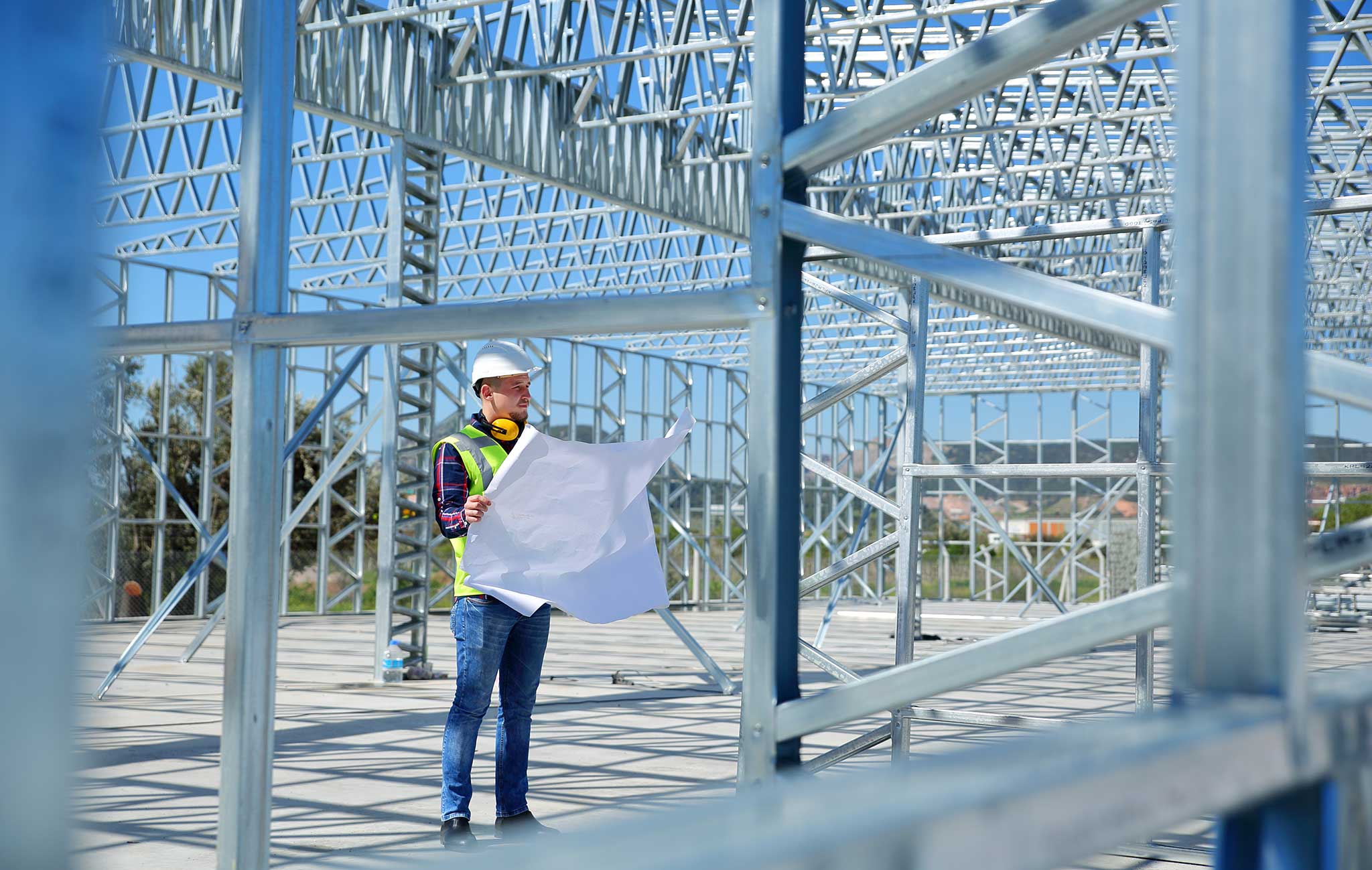


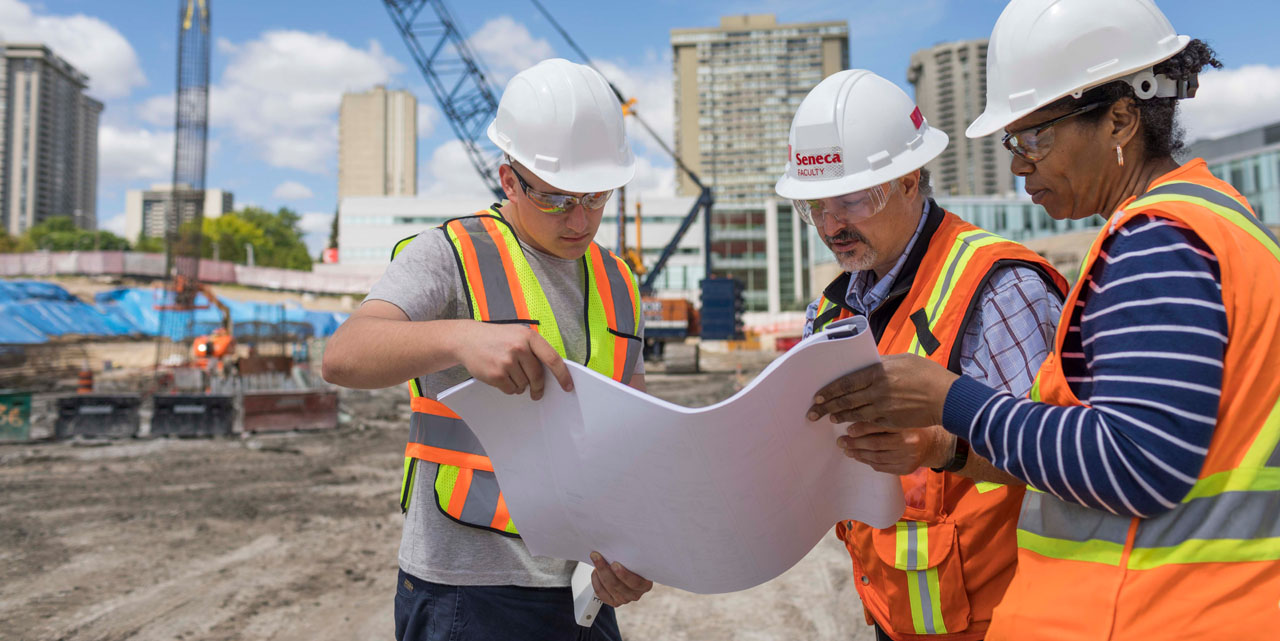




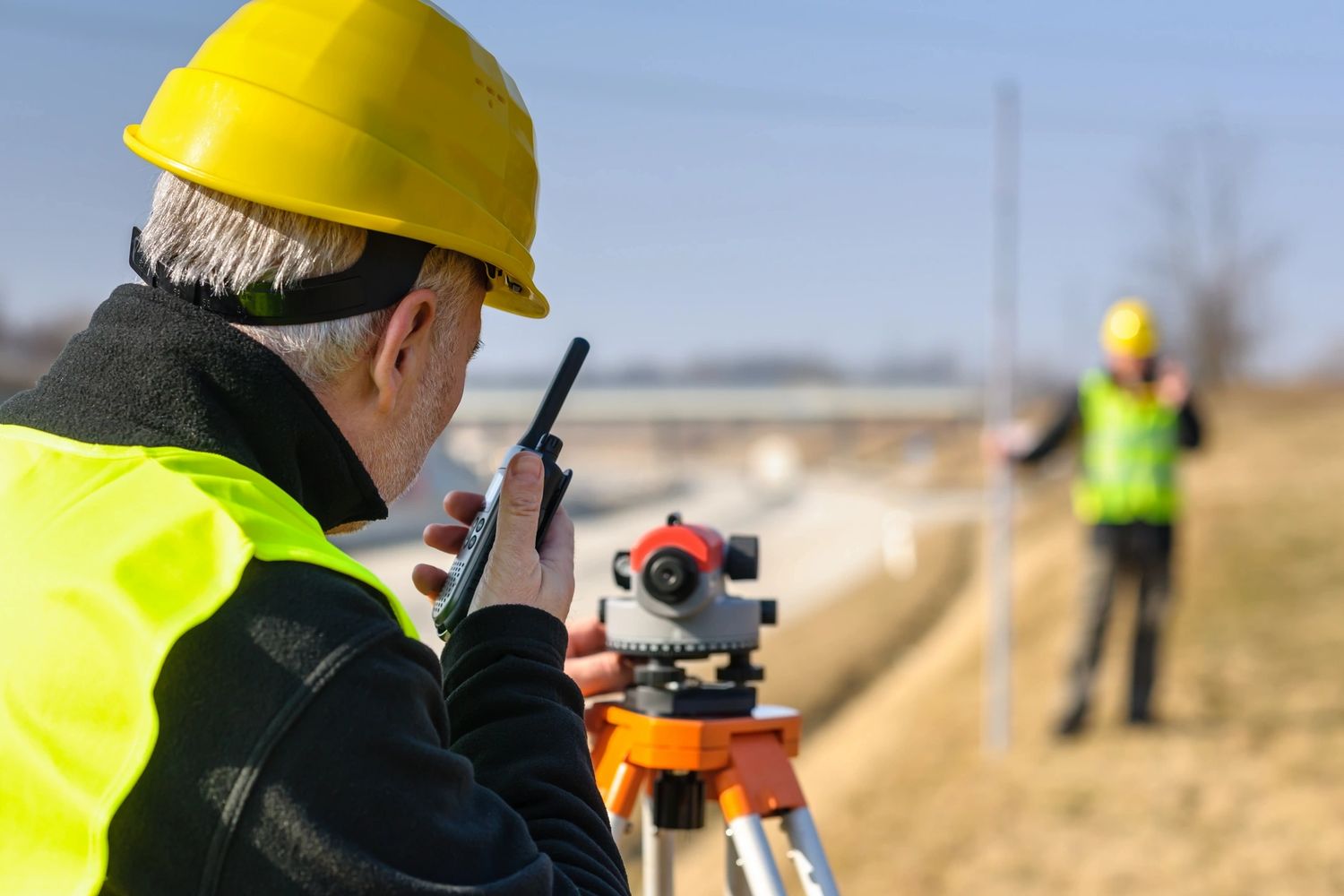



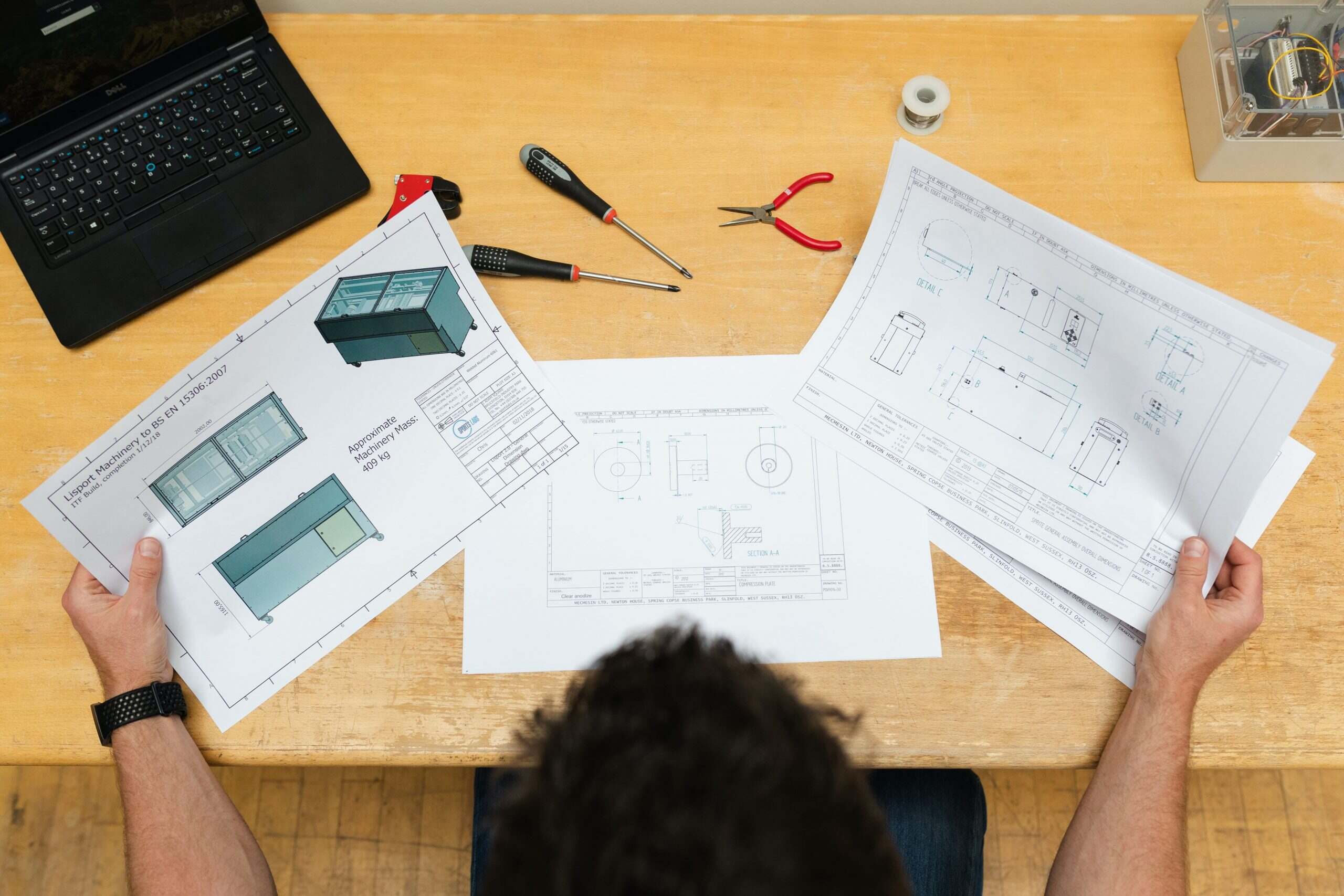


0 thoughts on “What Is An HVAC Engineer”